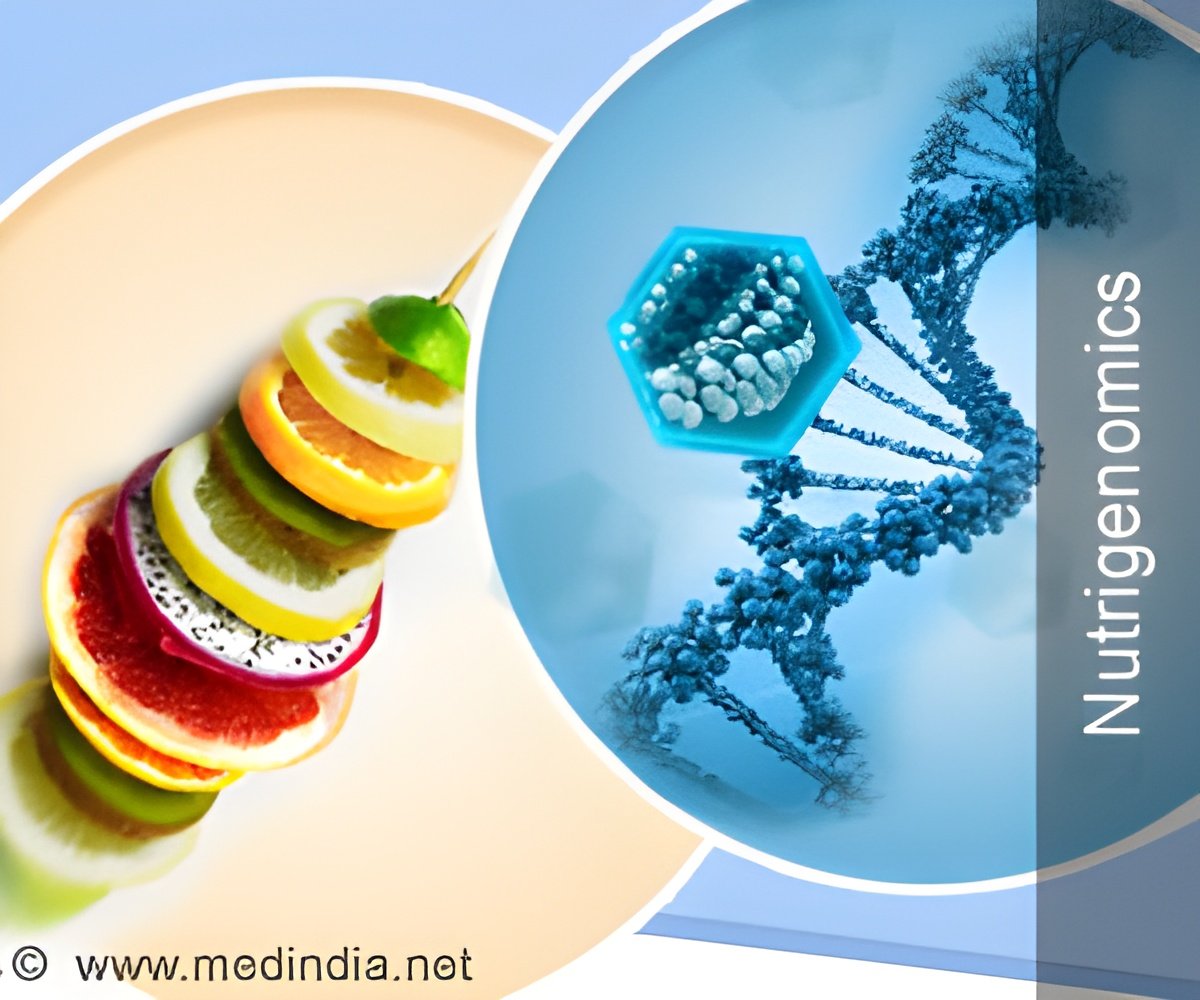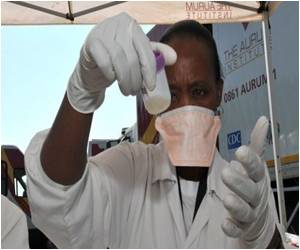A research has promised to improve overall nutrition on board space flights, as NASA is looking for innovative ways to grow more nutritious vegetables for astronauts.

To mitigate radiation-induced harm during space missions, astronauts are advised to eat plants that contain carotenoids, especially zeaxanthin, which is known to promote eye health.
Humans are better at absorbing carotenoids from whole foods such as green leafy vegetables.
But the conditions that are ideal for producing biomass are not necessarily ideal for the production of many nutrients, including zeaxanthin.
"When we pamper plants in the field, they produce a lot of biomass but they are not very nutritious. If they have to defend themselves against pathogens, plants make defence compounds that help them survive. Those are the antioxidants we need," said Barbara Demmig-Adams, professor at department of ecology and evolutionary biology at the University of Colorado - Boulder.
Plants produce zeaxanthin when their leaves are absorbing more sunlight than they can use, which tends to happen when the plants are stressed.
Advertisement
"Our eyes are like a leaf, they are both about collecting light. We need the same protection to keep us safe from intense light," Demmig-Adams said.
Advertisement
Arabidopsis is not a crop but past research has shown that its behaviour is a good indicator of what many edible plant species would do under similar circumstances.
The findings also highlight the potential for investigating how to prod plants to express traits that are already written in their genetic codes either more fully or less fully, noted the study published in the journal Acta Astronautica.
Source-IANS















